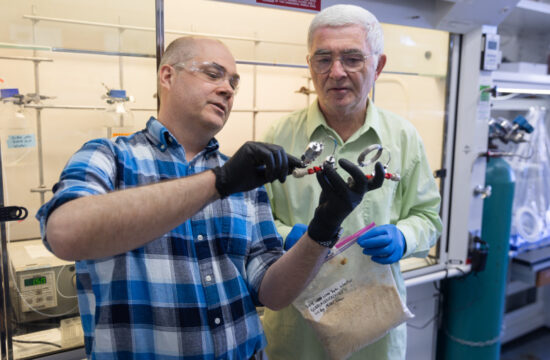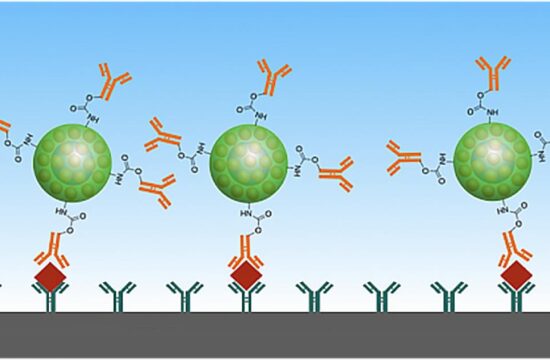Compounds in an Asian fermented fish paste could help reduce high cholesterol.

Credit : W.A. Djatmiko/C-C Wikimedia
Compounds in a fermented fish paste used as a condiment in Indonesia efficiently inhibit an enzyme involved in cholesterol synthesis, reports a study published in the Pertanika journal Tropical Agricultural Science.
Researchers from Sriwijaya University in Indonesia tested the effects of various peptides filtered out of bekasam, a fermented fish paste used in Indonesian cooking, on the enzyme HMG-CoA reductase. They found two peptides inhibited the enzyme.
HMG-CoA reductase catalyzes the conversion of HMG-CoA to mevalonic acid, a necessary step in cholesterol synthesis in the body. Previous studies have reported that some fermented fish products can block this enzyme’s activity.
The team prepared bekasam from carp fish that was gutted, washed and soaked in a culture of the bacterium Lactobacillus acidophilus for 30 minutes. The fish were then removed from the culture, mixed with salt and rice, and fermented for seven days. An extract was derived from the resulting bekasam by mixing it with distilled water, centrifuging it, and then filtering it through a tiny membrane. The filtrates were separated according to their molecular size.
A bioactive compound known as lovastatin, found in high concentrations in the extract, successfully inhibited HMG-CoA reductase in an experiment designed to test the enzyme’s activity. Another peptide with a larger molecular weight was also found to inhibit HMG-CoA reductase with high efficiency.
During the fermentation process, bacteria help break down proteins into peptides and amino acids. “The use of Lactobacillus acidophilus as a starter culture in the fermentation of bekasam increases the bioactive compounds of HMG-CoA reductase inhibitors,” write the researchers in their study.
The team next plans to develop a cholesterol-lowering supplement from bekasam, says Rinto of Sriwijaya University’s fisheries technology program, who co-authored the study.







